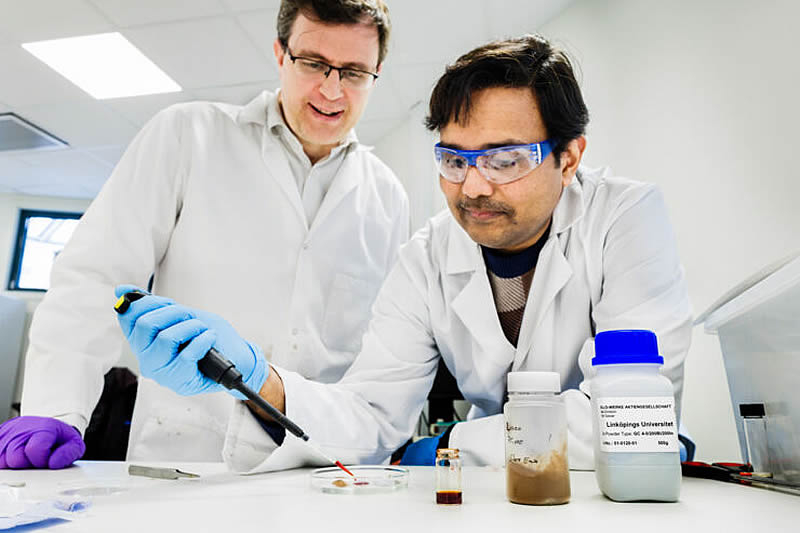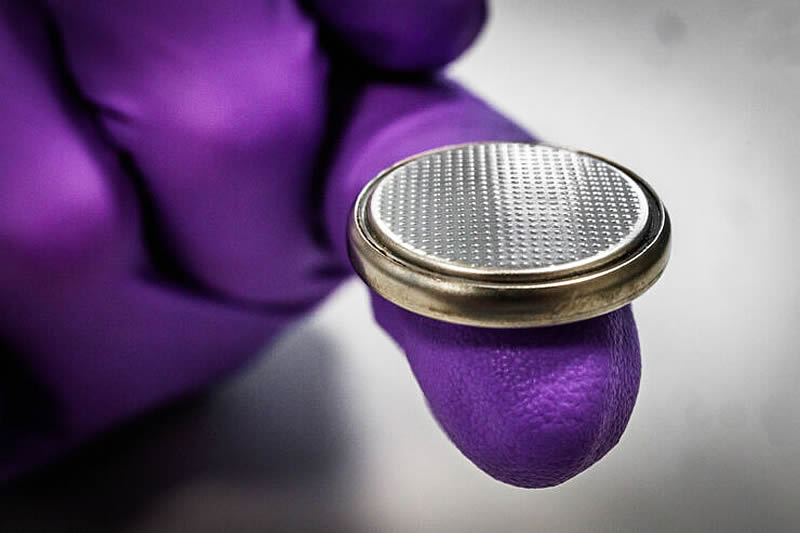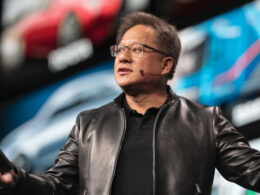Swedish scientists from Linkoping University have developed an innovative battery that has the potential to revolutionize access to electricity in under-privileged countries. The new battery is built around affordable and eco-friendly zinc and lignin-based materials.
Expanding Solar Energy
Professor Reverant Crispin, one of the authors of the research and a member of Linkoping’s Laboratory of Organic Electronics, noted that solar panels are increasingly used in poorer tropical regions. However, the lack of sunlight during the night leaves these regions without electricity. With the new technology, the excess energy during the day can be stored and consumed after sunset, according to a report on liu.se.
Affordable and Eco-Friendly Alternative
The zinc-lignin rechargeable battery promises to be a lower-cost, environmentally friendly alternative to lithium-ion batteries. The battery is designed to withstand over 8000 recharge cycles while retaining about 80% of its capacity. Its energy density is comparable to lead-acid batteries, without using toxic lead. This new battery can maintain its charge for around a week which is significantly longer compared to other battery types.
Addressing Stability Issues
Zinc batteries typically exhibit poor stability due to the reaction of zinc with water in the electrolyte, which leads to hydrogen evolution and dendrite formation. To stabilize the zinc electrode, the researchers used a water-polymer electrolyte based on potassium polyacrylate (a super absorbent, or SAP). The new battery reportedly demonstrates high stability during charge-discharge cycles. Furthermore, the cost per cycle of this new battery technology is significantly lower than that of its lithium-ion counterparts.


“While lithium-ion batteries are useful when handled correctly, they can be explosive, are hard to recycle, and problematic from an environmental point of view, claimed Ziyauddin Khan, the research’s co-author. Hence, our battery presents an alternative where energy density is not a crucial aspect“.
Next Steps
The prototypes developed so far are relatively small in size. However, the researchers claimed that their battery technology can be used to produce larger units the size of car batteries. The production of the zinc-lignin rechargeable battery was financed by several Swedish science foundations and state programs.
A Sustainable Future
The researchers believe that this affordable and environmentally friendly technology has the potential to provide a viable alternative to lithium-ion batteries in the future. Professor Crispin also noted that as an innovative nation, Sweden can help other countries to adopt “green” energy technology, thereby avoiding mistakes at the infrastructure development stage that could “lead to a climate catastrophe”.





